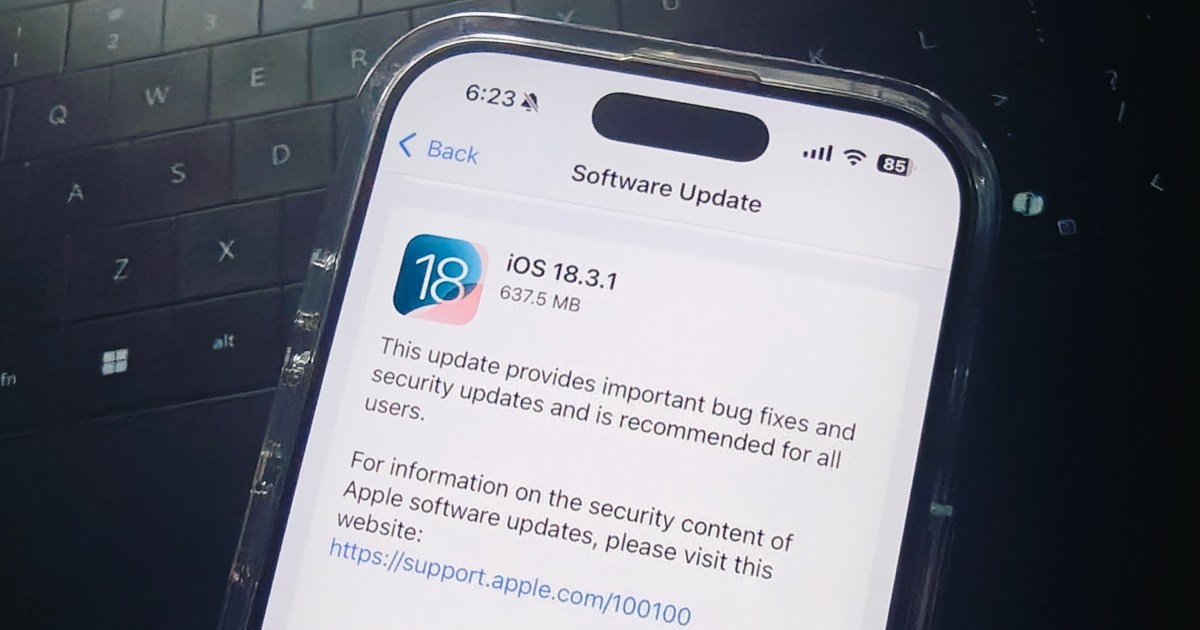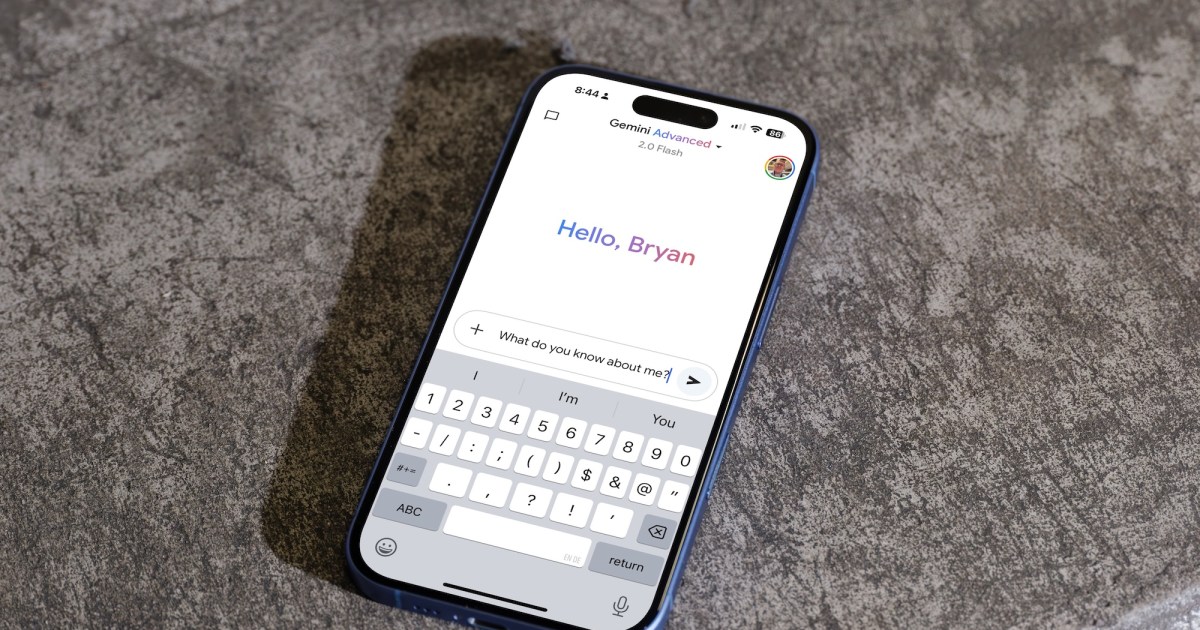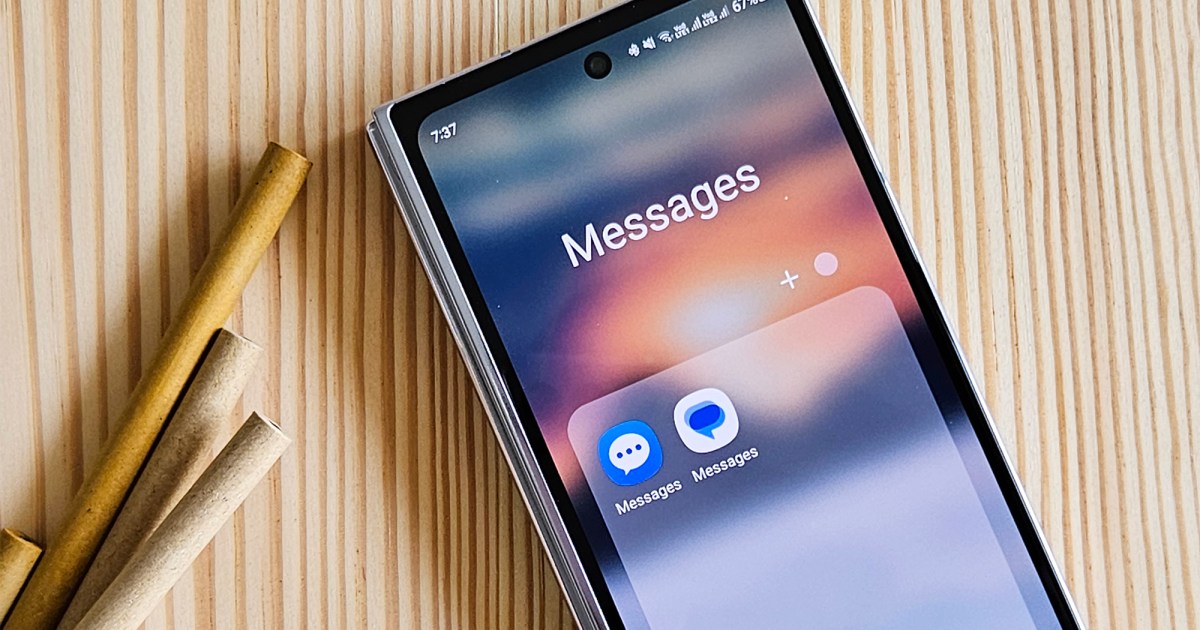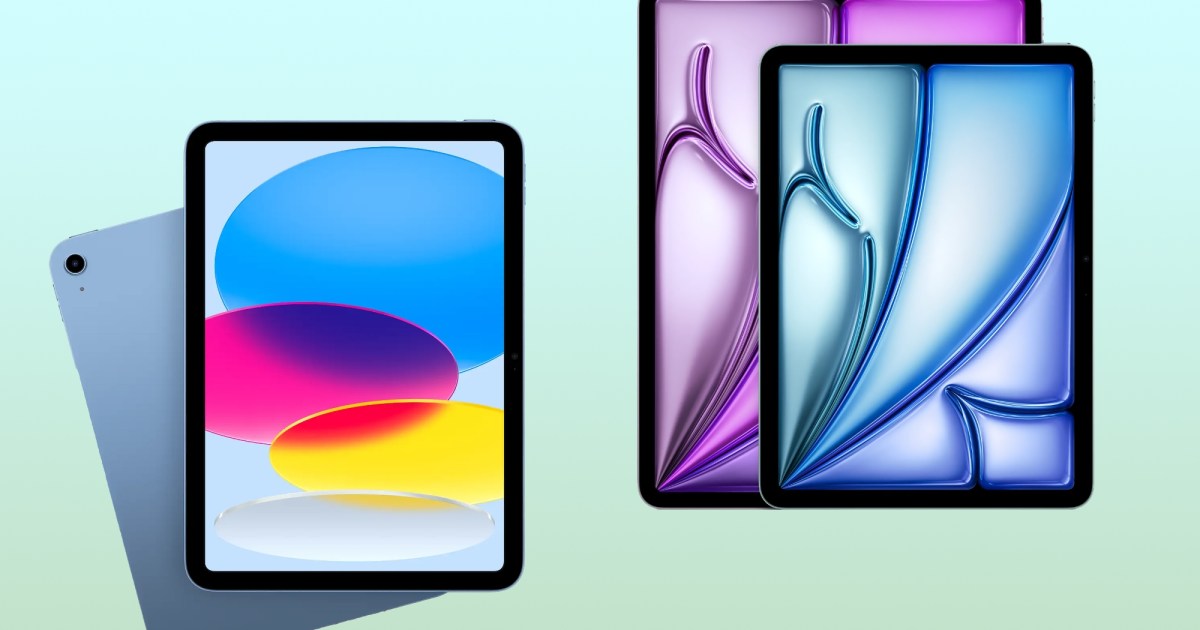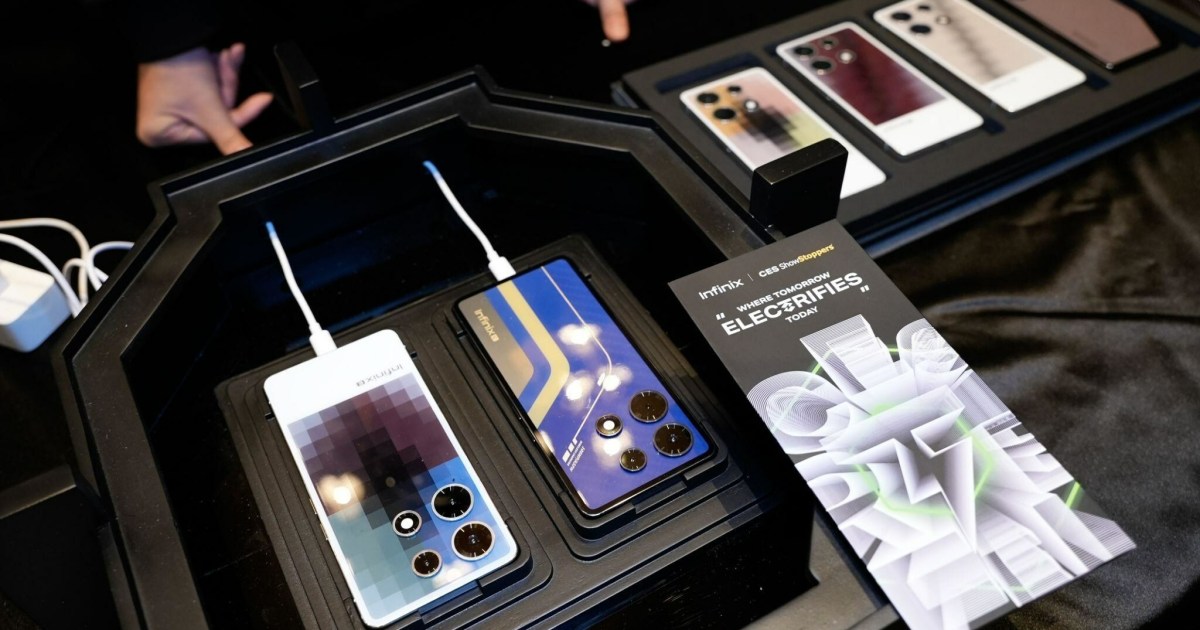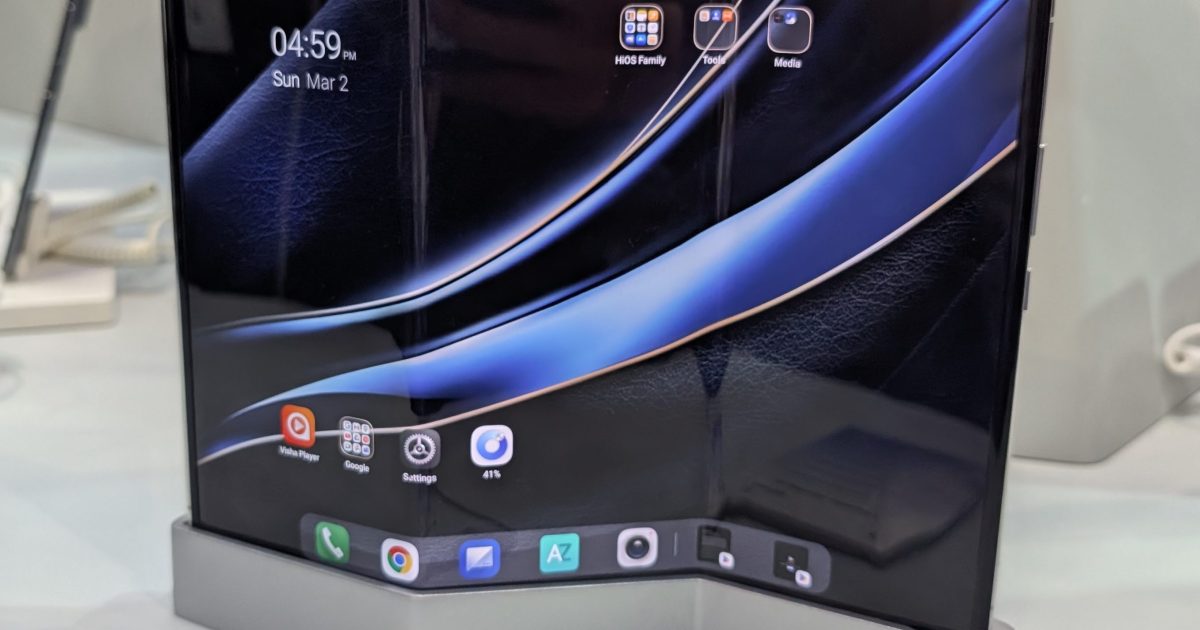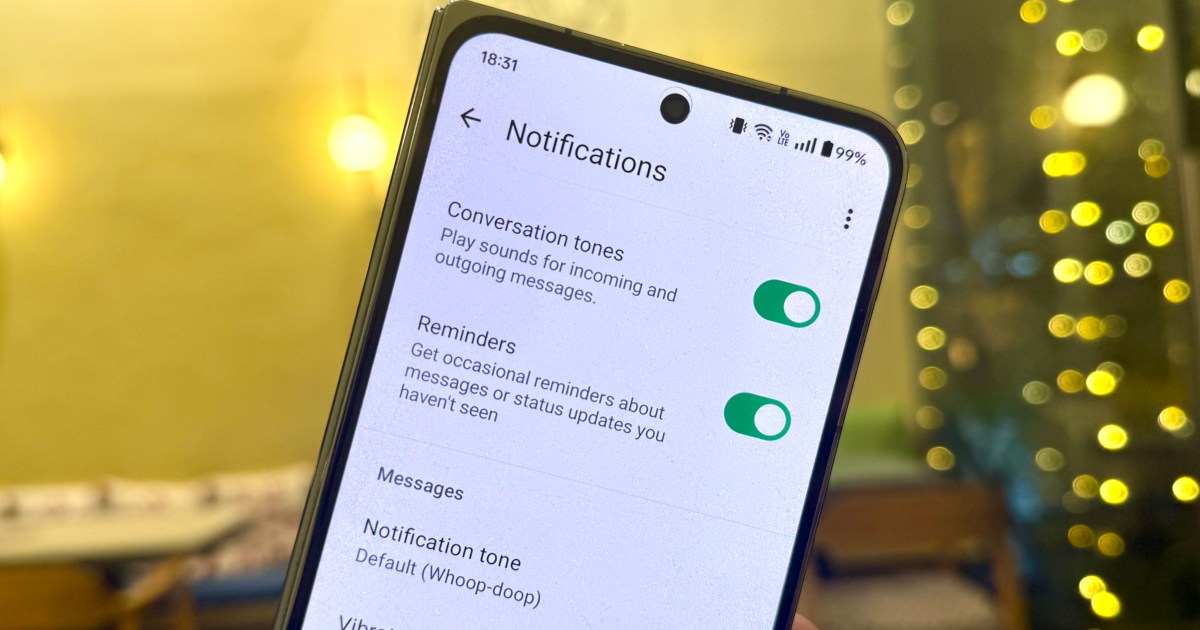The upcoming iOS 18.4 update introduces a significant change for users in the European Union: the ability to set a default navigation app. This long-awaited feature, currently available in beta, means you can finally ditch Apple Maps and open navigation links directly in your preferred app, like Google Maps or Waze. Unfortunately, this functionality won’t be available for users outside the EU, including those in the United States.
This change is a direct result of the EU’s Digital Markets Act (DMA), which aims to promote competition and offer users more choice. The DMA has already compelled Apple to allow alternative app marketplaces and contactless payment apps, and now default navigation apps join the list. As reported by MacRumors, this feature will be officially available with the public release of iOS 18.4. Apple’s reluctance to implement these changes outside the EU suggests a disagreement with the DMA’s regulations, opting to comply only where legally obligated.
While some default app settings remain exclusive to the EU, others are available globally. Users worldwide can already change their default browser, calling app, email app, keyboard, messaging app, and password manager in iOS 18. iOS 18.4 will also introduce a globally available option to set a default translation app. This expansion of user choice reflects a broader trend towards greater app customization and personalization.
Although US users miss out on the default navigation app setting, there are some drawbacks for EU Apple users as well. Features like Apple Intelligence have faced delays in European releases due to regulatory hurdles. Furthermore, the highly anticipated iPhone Mirroring feature on macOS remains unavailable in the EU, a frustrating omission for users eager to utilize this functionality.
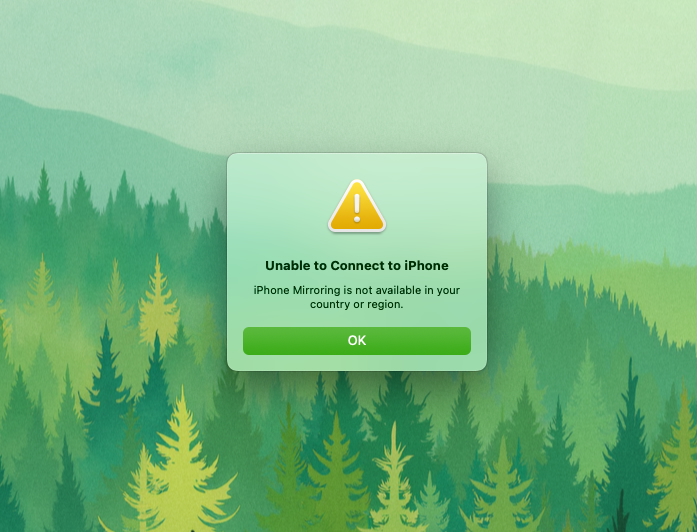 iPhone Mirroring not available screenshot.The iPhone Mirroring feature remains unavailable for EU users, despite being announced some time ago.
iPhone Mirroring not available screenshot.The iPhone Mirroring feature remains unavailable for EU users, despite being announced some time ago.
In conclusion, while the ability to choose a default navigation app in iOS 18.4 is a welcome change for EU users, its regional exclusivity highlights the ongoing tension between Apple and the DMA. The expansion of default app options globally suggests a move towards greater user control, even as some features remain subject to regional restrictions. The wait continues for features like iPhone Mirroring in the EU, reminding users that the pursuit of digital freedom is an ongoing process.



